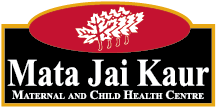Our Impact
Since 2010, the Mata Jai Kaur Centre has provided antenatal care to over 16,000 outpatient women, and has safely delivered over 1200 babies, the majority of whom come from low-income families around Ganganagar.
Our Services
Prenatal Care & Childbirth
Our core health care delivery model is based on reducing geographical, social and economic barriers to receiving quality antenatal care and safe delivery services for low-income and vulnerable women. After enrolling in our maternal health program, we see mothers through to the end of their pregnancy, providing essential diagnostics, medications, health education programs, delivery at a private hospital – all for free.
Khushee Mamta Mental Health Program
In 2018, we implemented the Khushee Mamta Program, a mental health initiative which functions through the training, recruitment and work of lay mental health counselors (local women trained in basic mental health counselling) to deliver support to mothers in their homes.
Read more about this remarkable program, here.
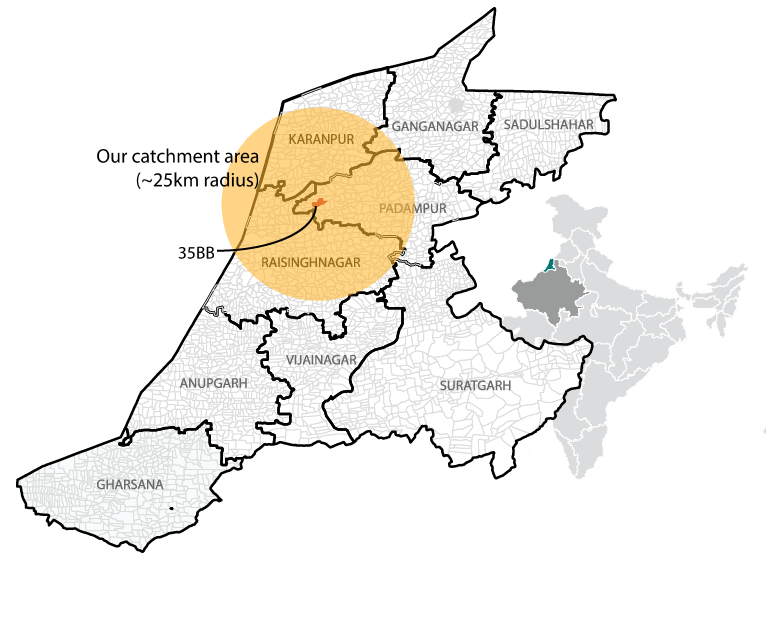
We Serve:
-
558 Villages
-
5 rural towns
-
359,746 people
-
80,134 women of child bearing age (15-49)
All services, free of charge.
All of our services are offered at no cost to those in need. This eliminates the often catastrophic financial burden for women with complicated pregnancies. MJK does not deny services to any woman in need, even if they come to us from outside our service area.
Our Approach
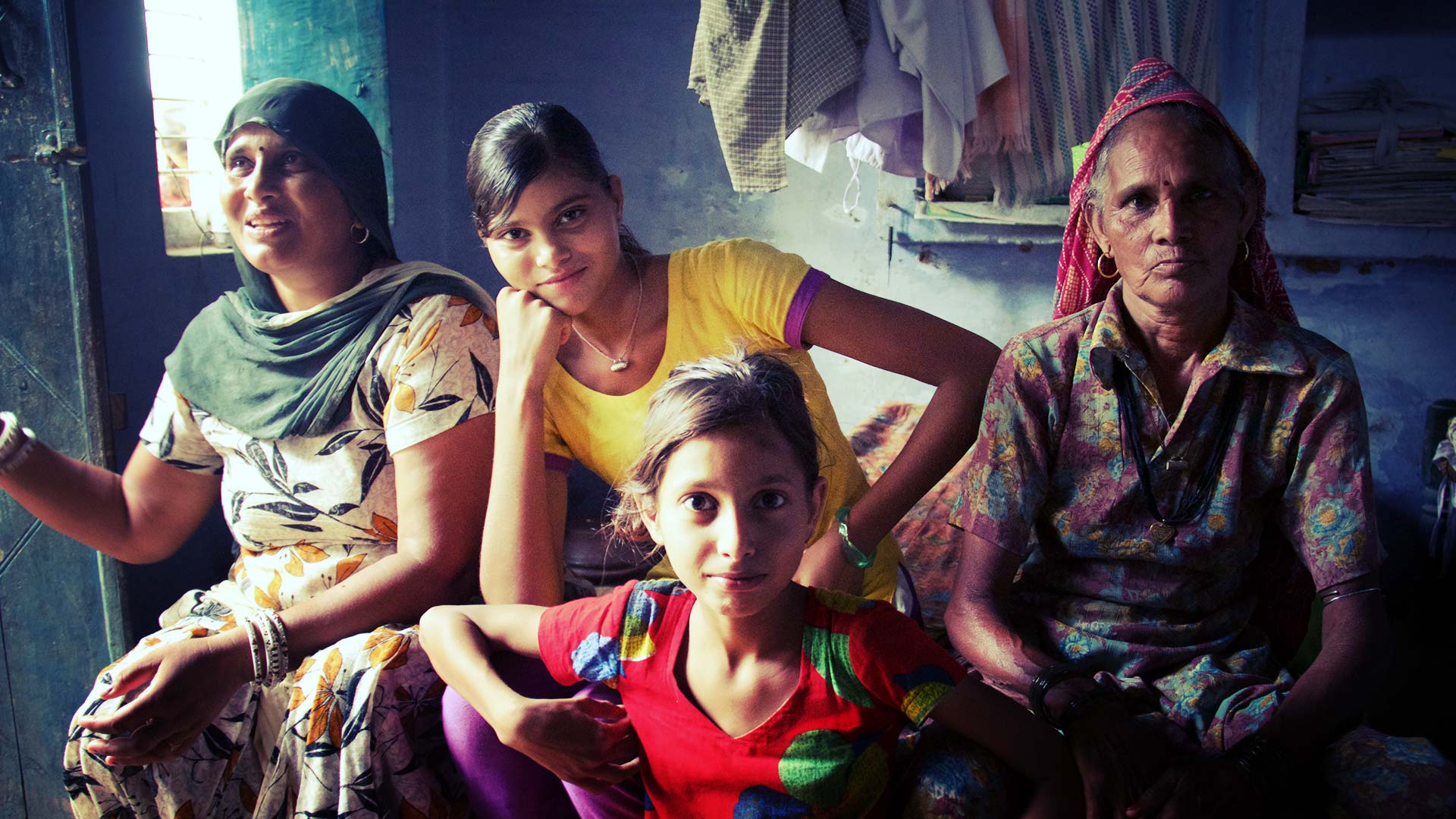
Creating a women-centered environment
We aim to empower women by providing them with quality medical care, education, information and the freedom of choice. We do this by ensuring women are an active participant in their health and the health of their baby.

Encouraging even sex ratio births
Sri Ganganagar has a skewed sex ratio at birth of 895 girls to 1000 boys due to boy-preference and sex-selective abortions. We’re hoping to reverse this trend. Our sex ratio at birth is 1059 girls to 1000 boys.
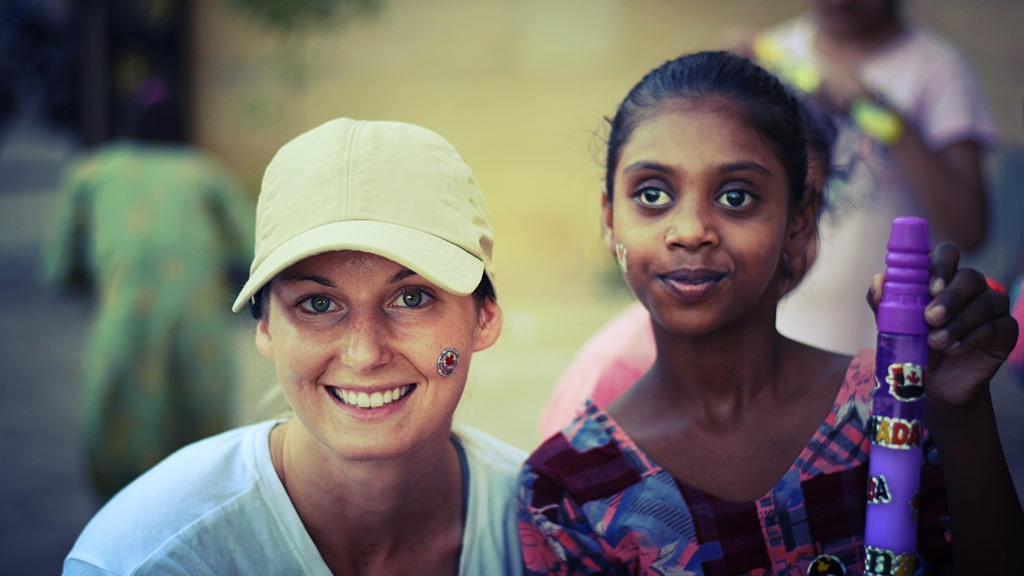
A human rights based approach to health
We believe that access to the highest attainable standard of health is a fundamental right of every human being without distinction of race, religion, political belief, or economic condition. MJK ensures that low-caste, low-income families have equal access to quality health services.
Our Mothers and their journeys.
Read about some of the women that have benefited from our services and the incredible obstacles they’ve overcome.
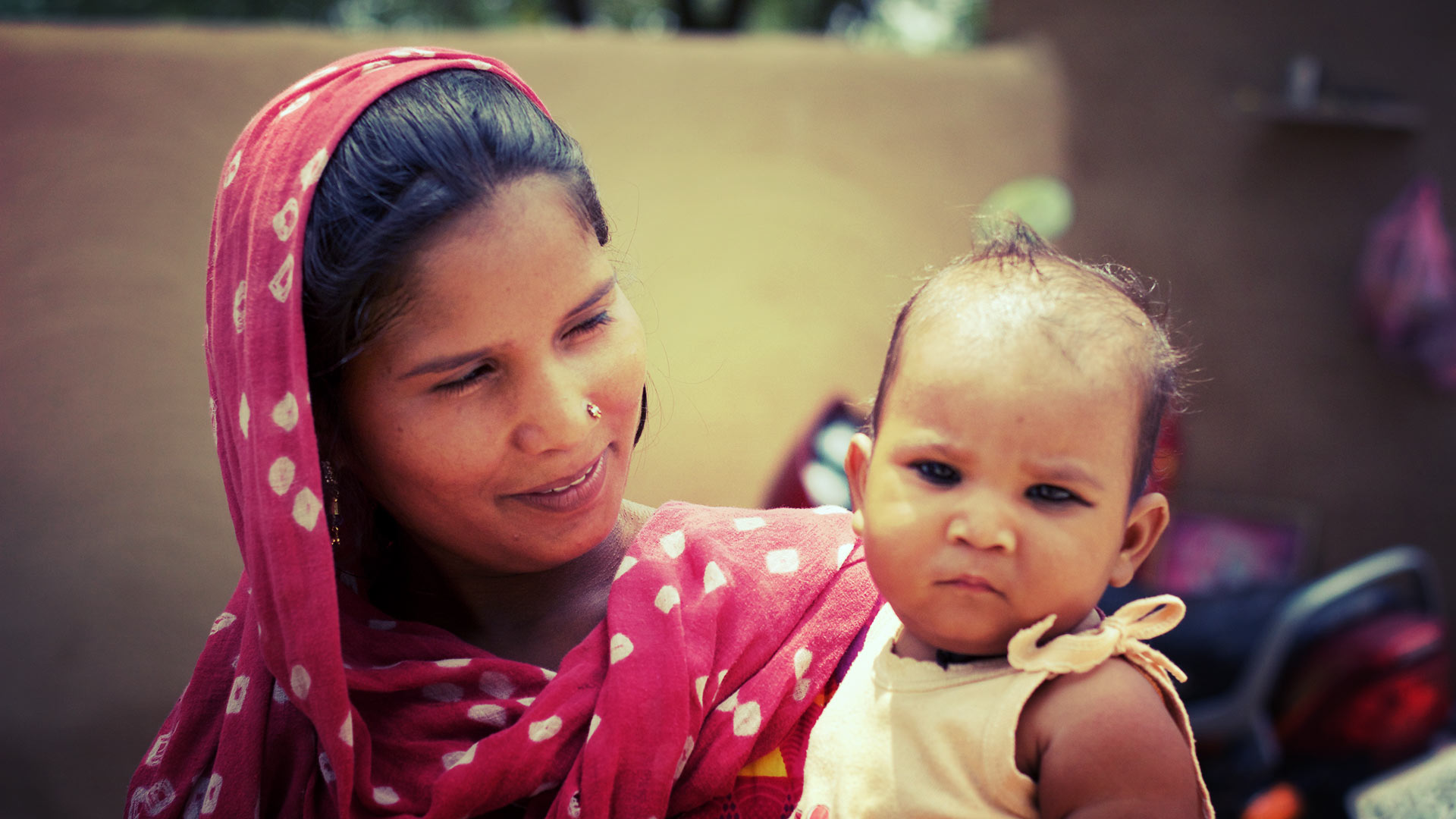
Pushpa’s Story
Pushpa delivered her youngest daughter with MJK in the summer of 2013; it was her eighth pregnancy, but her first through our centre. Three of her previous pregnancies had ended in miscarriage and three others had resulted in neonatal deaths.
We asked Pushpa about these pregnancies and she recounted one in particular. She and her family had wanted to deliver in a medical facility but they were poor and decided to go to a government hospital, where maternity services are supposed to be free. When they arrived at the hospital,
Pushpa’s delivery was obstructed. Her unborn child, a son, was too large to be delivered without emergency obstetric care, and he died from complications 20 minutes after his eventual birth.
The experience made Pushpa vow never to return to a government hospital. She believed that, had the facilities been better and had the doctors been capable of performing a C-section delivery, her son could have been saved.

Parmjeet’s Story
When we met Parmjeet in 2017, she was 9 months pregnant with her second child, and required a complicated c-section delivery. Government facilities in Ganganagar do not perform c-sections, forcing women to seek private care, an expensive and prohibitive procedure.
The experience was similar to Parmjeet’s first pregnancy, one that set her family back for years. 5 years prior, she had travelled to a facility in Sri Ganganagar, only to be turned away because of her condition. Her only option at the time was a private provider. Her family ended up borrowing 20,000 rupees (~$400 USD, equivalent to 4-5 times an avg. monthly income in the area) from friends and her employer. It took years for the family to pay off their debts, and they struggled to survive doing so.
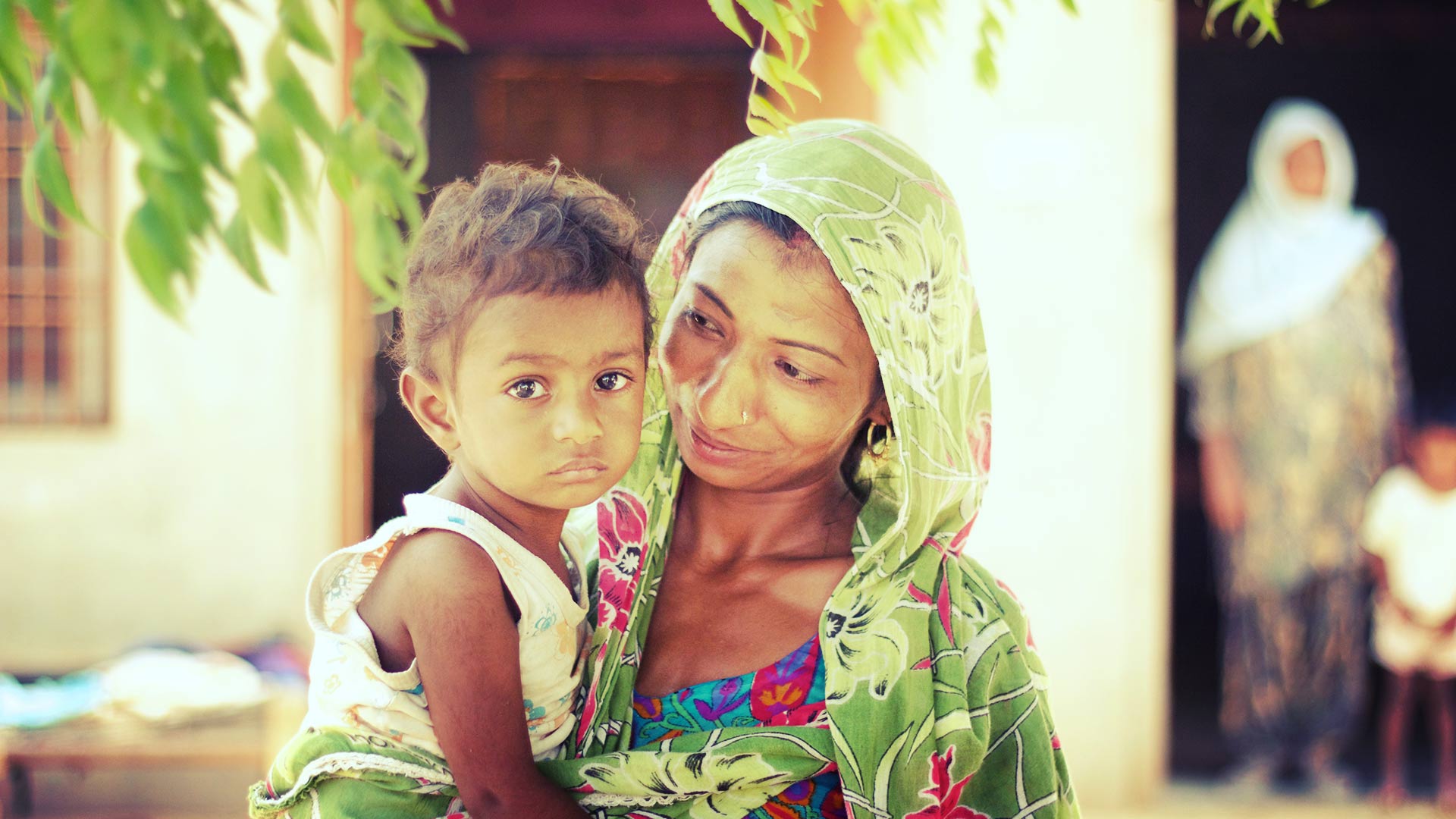
Kulwinder’s Story
Kulwinder and her unborn child had a very high chance of dying due to her hypertensive disorder. In addition, Kulwinder’s husband was addicted to drugs and alcohol and he, along with his family, had been physically and emotionally abusive to Kulwinder for many years. Much of this abuse could be attributed to Kulwinder’s past infertility: in Rajasthan, a woman’s worth is often tied to her ability to bear children. With the support of MJK and her own profound courage and willpower, Kulwinder delivered a healthy daughter and avoided the life-threatening consequences that could have resulted from her condition.
Kulwinder’s case reveals a level of vulnerability that goes beyond poverty to include an absence of support that would make it difficult for anyone to overcome a life-threatening health condition.
